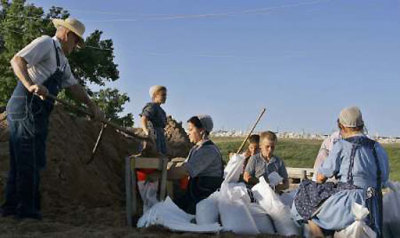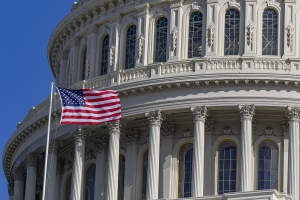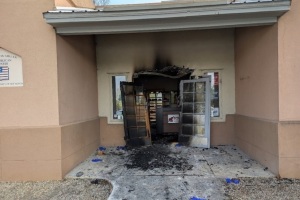Amish Communities in Ohio Seek Vaccinations Following Measles Outbreak

A months-long measles outbreak in multiple Amish communities in Ohio has sparked local health officials to set up clinics so members of the religious group may receive the vaccination for the first time in their lives.
As NPR reports, nurse Jacqueline Fletcher of the Knox County Health Department was sent out to take samples from a local Amish community after the department received a phone call indicating two families had measle-like symptoms. When Fletcher arrived the next day to collect blood and nasal samples, she found the beginning of what could be an epidemic.
"The very next morning we were out to collect samples, collect nasal swabs and also draw blood. And it was just textbook measles," the nurse told NPR. "The rash. They had the conjunctivitis in the eyes, their eyes were red," she says. "They don't want the light, they sit in the darkened room, wear dark glasses. I mean they were just miserable. High temperatures, 103, 104 temps. So this was the measles."
Since the measles outbreak began in mid-April, Fletcher has organized door-to-door vaccinations and pop-up vaccination clinics around Knox County. Many of those visiting Fletcher's clinics are Amish. As NPR reports, although the Amish religion does not forbid the use of vaccines, many Amish families do not receive any of the typical immunizations used by others in the U.S.
According to USA Today, the majority of measle cases in Ohio are among Amish victims, who receive the disease from others who have recently visited countries where the virus is more common. The recent outbreak in Ohio was started from Amish missionaries who contracted the infection on a recent trip to the Philippines.
According to The Columbus Dispatch, Ohio is currently experiencing the largest measles outbreak in the nation since 1994, with eight people being hospitalized since the outbreak started in mid-April, and health officials citing a total of 348 cases in nine counties.
The state of Ohio is taking certain precautions to ensure health care workers are protected from the spread of measles, such as advising workers to receive the measles, mumps, and rubella vaccinations, or provide documentation that they have already been infected with measles.
"What we're especially trying to do is make sure all hospital personnel are protected against measles," Bryan Fowler, chief of vaccines and preventable-diseases epidemiology for the Ohio Department of Health, told The Columbus Dispatch.
Even hospitals that haven't seen a measles patient, including Mount Carmel hospitals, are taking preventative measures to ensure the infection does not spread. All hospital staff for Mount Carmel are being assessed to ensure they have received a measles vaccine, although because most nursing schools require the vaccine, there is a very small minority of people who would be vulnerable to the respiratory infection.
"It's about protecting other patients as well as the employees," John Palmer of the Ohio Hospital Association told The Columbus Dispatch.





























